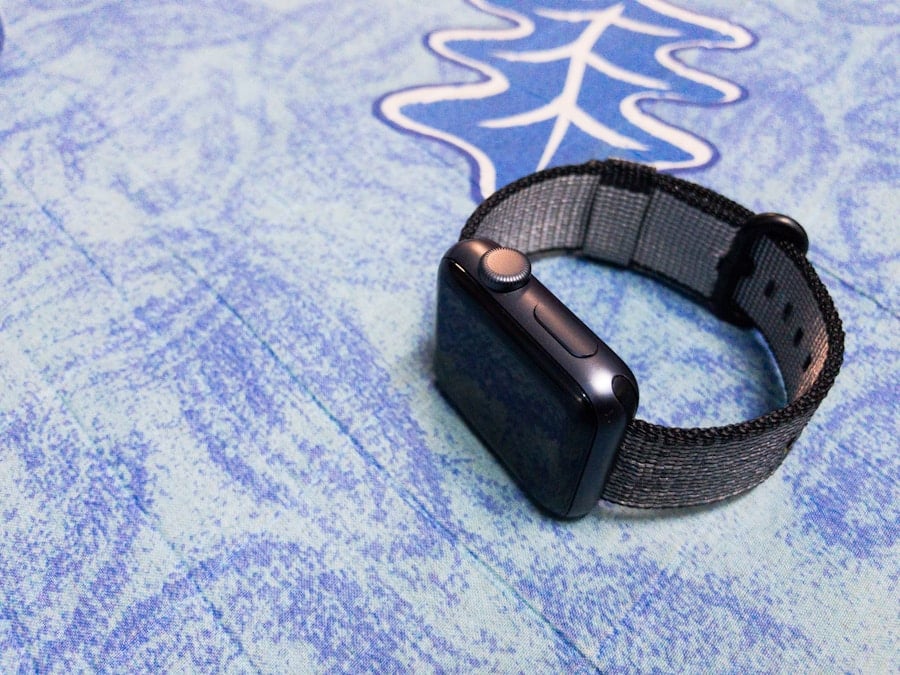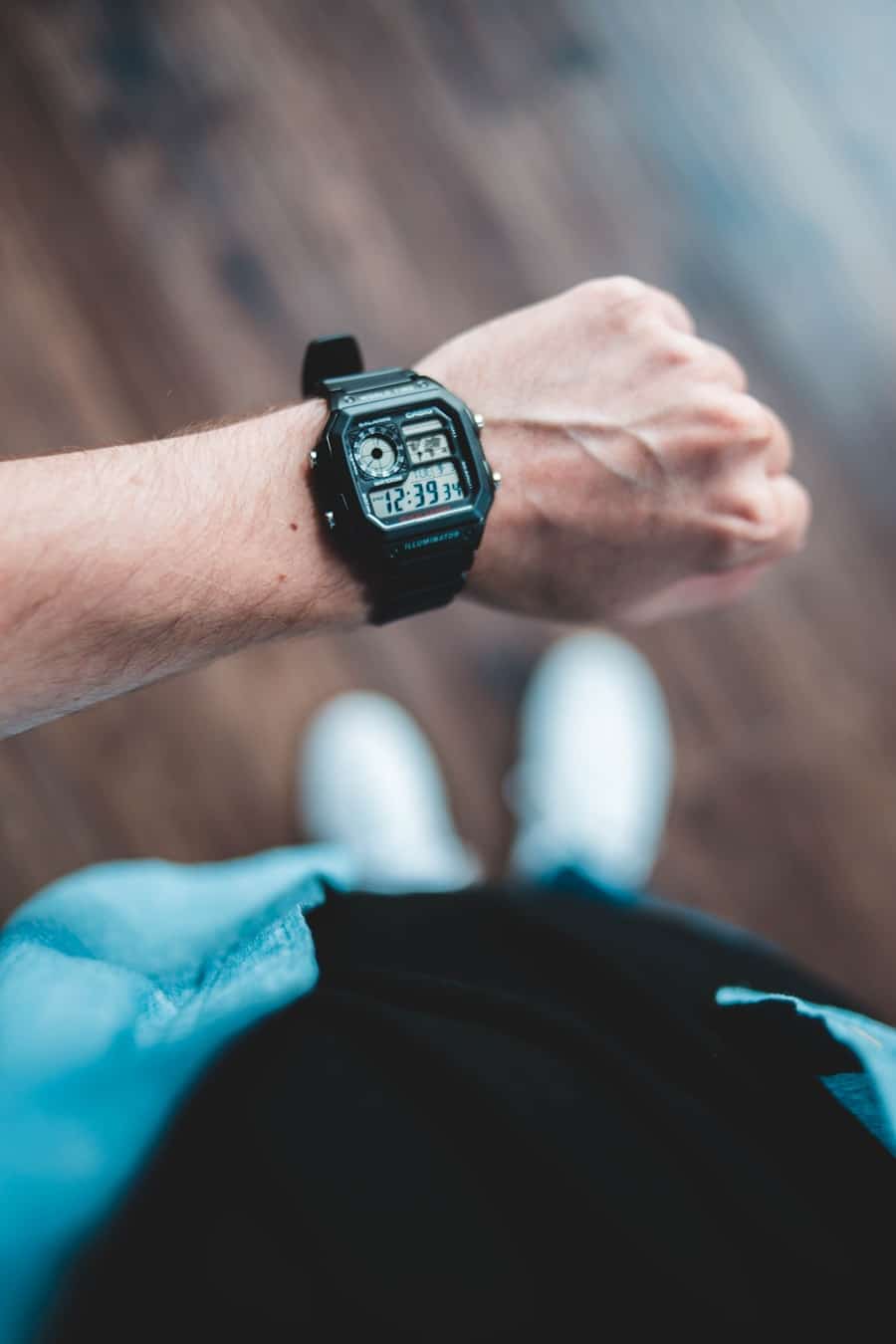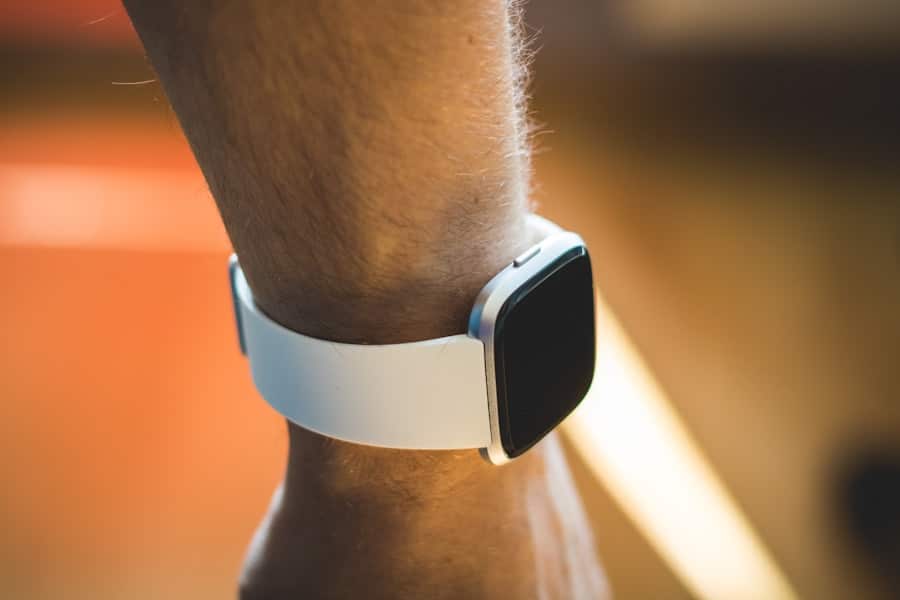In recent years, the proliferation of wearable technology has transformed various aspects of health and wellness, extending its reach into the realm of cognitive function monitoring. These devices, which range from smartwatches to specialized headbands, are designed to track and analyze various physiological and psychological parameters that can provide insights into an individual’s cognitive health. As the global population ages and the prevalence of cognitive disorders rises, the demand for effective monitoring tools has never been more pressing.
Wearables offer a promising solution, enabling users to gain real-time feedback on their cognitive performance and overall mental well-being. The integration of wearables into cognitive function monitoring is not merely a trend; it represents a significant shift in how we approach mental health. Traditional methods of assessment often rely on clinical evaluations or self-reported questionnaires, which can be subjective and limited in scope.
In contrast, wearables provide objective data that can be continuously collected and analyzed, offering a more comprehensive view of cognitive function over time. This shift towards data-driven insights is particularly crucial in an era where mental health issues are increasingly recognized as critical components of overall health.
Key Takeaways
- Wearables for cognitive function monitoring are becoming increasingly popular as a way to track and improve brain health.
- The science behind cognitive function monitoring involves measuring brain activity, heart rate variability, and other physiological markers to assess cognitive performance.
- Using wearables for cognitive function monitoring can provide benefits such as early detection of cognitive decline, personalized interventions, and real-time feedback on cognitive performance.
- There are various types of wearables for cognitive function monitoring, including EEG headbands, smartwatches, and virtual reality headsets.
- Wearables can improve cognitive function by providing biofeedback, facilitating neurofeedback training, and promoting healthy lifestyle behaviors.
The Science Behind Cognitive Function Monitoring
Cognitive function encompasses a wide array of mental processes, including memory, attention, problem-solving, and decision-making. The science behind monitoring these functions through wearables is rooted in understanding how various physiological signals correlate with cognitive performance. For instance, heart rate variability (HRV), a measure of the autonomic nervous system’s regulation of heart rate, has been linked to cognitive flexibility and emotional regulation.
By analyzing HRV data collected from wearables, researchers can infer levels of stress and cognitive load, providing valuable insights into an individual’s mental state. Moreover, advancements in neuroimaging techniques have illuminated the neural correlates of cognitive function, revealing how different brain regions interact during various tasks. Wearable devices equipped with electroencephalography (EEG) sensors can capture brainwave activity, allowing for real-time monitoring of cognitive states such as focus, relaxation, or fatigue.
This data can be invaluable for understanding how external factors—such as sleep quality or physical activity—impact cognitive performance. By leveraging these scientific principles, wearables can serve as powerful tools for both individuals and healthcare professionals seeking to optimize cognitive health.
The Benefits of Using Wearables for Cognitive Function Monitoring

The benefits of utilizing wearables for cognitive function monitoring are manifold. One of the most significant advantages is the ability to collect continuous data over extended periods. Unlike traditional assessments that may only provide a snapshot of cognitive performance at a single point in time, wearables can track changes in cognitive function throughout the day or across different environments.
This longitudinal data can help identify patterns and triggers that affect cognitive performance, enabling users to make informed lifestyle adjustments. Additionally, wearables can facilitate early detection of cognitive decline or impairment. For instance, subtle changes in sleep patterns or daily activity levels may precede noticeable declines in cognitive function.
By monitoring these indicators through wearables, individuals can seek timely interventions or support before more serious issues arise. This proactive approach not only enhances individual well-being but also has broader implications for public health by potentially reducing the burden of cognitive disorders on healthcare systems.
Types of Wearables for Cognitive Function Monitoring
The landscape of wearables designed for cognitive function monitoring is diverse, encompassing a range of devices tailored to different needs and preferences. Smartwatches are among the most common types of wearables, equipped with sensors that track heart rate, sleep patterns, and physical activity levels. Many smartwatches also feature apps that provide cognitive training exercises or mindfulness practices aimed at enhancing mental acuity.
In addition to smartwatches, specialized devices such as EEG headbands have emerged as powerful tools for monitoring brain activity. These headbands use non-invasive sensors to capture electrical signals from the scalp, providing insights into brainwave patterns associated with various cognitive states. Some models even offer real-time feedback during tasks, allowing users to adjust their focus or relaxation levels based on their brain activity.
Another category includes wearable devices designed specifically for neurofeedback training. These devices often combine EEG technology with gamified experiences to help users improve their cognitive skills through targeted exercises. By engaging users in interactive tasks while providing real-time feedback on their brain activity, these wearables create a dynamic learning environment that promotes cognitive enhancement.
How Wearables Can Improve Cognitive Function
Wearables have the potential to improve cognitive function through several mechanisms. One primary way is by promoting awareness and mindfulness regarding one’s mental state. For example, devices that track stress levels through physiological indicators can alert users when they are experiencing heightened stress or fatigue.
This awareness allows individuals to take proactive steps—such as engaging in relaxation techniques or taking breaks—to mitigate the negative effects of stress on cognitive performance. Furthermore, many wearables incorporate cognitive training programs designed to enhance specific mental skills such as memory, attention, and problem-solving abilities. These programs often utilize gamification elements to make training engaging and enjoyable.
By regularly participating in these exercises, users can strengthen their cognitive abilities over time. Research has shown that consistent engagement in cognitive training can lead to improvements in tasks requiring attention and working memory. Additionally, wearables can facilitate better sleep hygiene by providing insights into sleep quality and patterns.
Since sleep plays a crucial role in cognitive function—affecting memory consolidation and overall mental clarity—improving sleep habits through wearable feedback can have a direct positive impact on cognitive performance during waking hours.
Challenges and Limitations of Wearables for Cognitive Function Monitoring

Accuracy and Reliability of Data
One significant challenge is the accuracy and reliability of the data collected by these devices. While many wearables are equipped with advanced sensors, variations in individual physiology can lead to discrepancies in readings. For instance, factors such as skin temperature or movement can affect heart rate measurements, potentially skewing results related to stress or cognitive load.
Information Overload and User Understanding
Another limitation is the potential for information overload. With continuous data collection comes the risk that users may become overwhelmed by the sheer volume of information provided by their devices. Without proper guidance on how to interpret and act upon this data, individuals may struggle to derive meaningful insights from their wearable technology. This underscores the importance of user-friendly interfaces and educational resources that help users understand their data in context.
Privacy Concerns and Data Security
Moreover, privacy concerns surrounding data security pose a significant barrier to the adoption of wearables for cognitive function monitoring.
Ensuring robust security measures and transparent data policies will be essential for building trust among users and encouraging widespread use of these technologies.
The Future of Wearables in Cognitive Function Monitoring
The future of wearables in cognitive function monitoring is poised for significant advancements as technology continues to evolve. One promising direction is the integration of artificial intelligence (AI) and machine learning algorithms into wearable devices. These technologies can enhance data analysis capabilities by identifying patterns and trends that may not be immediately apparent to users or healthcare providers.
For instance, AI could help predict potential cognitive decline based on historical data trends, allowing for earlier interventions. Additionally, as research continues to uncover the complex relationships between physiological signals and cognitive function, we can expect more sophisticated sensors capable of capturing a wider array of metrics. Future wearables may incorporate multi-modal sensing technologies that combine physiological data with environmental factors—such as noise levels or air quality—to provide a holistic view of influences on cognitive performance.
Furthermore, the development of personalized interventions based on wearable data holds great promise. By tailoring recommendations for lifestyle changes or cognitive training exercises to individual users’ specific needs and preferences, wearables could enhance user engagement and effectiveness in improving cognitive function.
The Potential Impact of Wearables on Cognitive Function
The potential impact of wearables on cognitive function monitoring is profound and multifaceted. As these technologies continue to advance, they offer unprecedented opportunities for individuals to take charge of their mental health through continuous monitoring and personalized interventions. By bridging the gap between subjective experiences and objective data, wearables empower users with insights that can lead to meaningful changes in their daily lives.
Moreover, the implications extend beyond individual users; healthcare providers can leverage wearable data to inform treatment plans and monitor patient progress more effectively. As we move towards a future where mental health is prioritized alongside physical health, wearables will play an integral role in shaping our understanding of cognitive function and enhancing overall well-being. The journey towards optimizing cognitive health through technology is just beginning, but its potential is already evident in the growing landscape of wearable devices designed for this purpose.
In a recent article on smartwatches, the benefits of wearable technology in enhancing cognitive function monitoring were highlighted. The Role of Wearables in Enhancing Cognitive Function Monitoring discusses how smartwatches can track various health metrics that can provide valuable insights into cognitive function. By utilizing the best software for tax preparers, such as the one mentioned in this article, professionals can streamline their workflow and increase accuracy in their work, ultimately leading to improved cognitive function monitoring. Additionally, music production software, as detailed in this comprehensive guide, can also play a role in enhancing cognitive function through creative expression and stimulation.
FAQs
What are wearables?
Wearables are electronic devices that can be worn on the body as accessories or implants. They are designed to perform a specific function and are often equipped with sensors to track various metrics such as heart rate, steps taken, and sleep patterns.
How do wearables enhance cognitive function monitoring?
Wearables can enhance cognitive function monitoring by tracking metrics such as brain activity, stress levels, and sleep quality. This data can provide insights into an individual’s cognitive function and overall mental well-being.
What types of wearables are used for cognitive function monitoring?
There are various types of wearables used for cognitive function monitoring, including EEG headsets, smartwatches, and fitness trackers. These devices can track brain activity, heart rate variability, and other relevant metrics to assess cognitive function.
What are the benefits of using wearables for cognitive function monitoring?
The benefits of using wearables for cognitive function monitoring include real-time data collection, continuous monitoring, and the ability to track cognitive performance in various settings such as during physical activity or while sleeping.
Are there any limitations to using wearables for cognitive function monitoring?
Some limitations of using wearables for cognitive function monitoring include accuracy of data, privacy concerns, and the need for further research to establish the reliability of wearables in assessing cognitive function.

